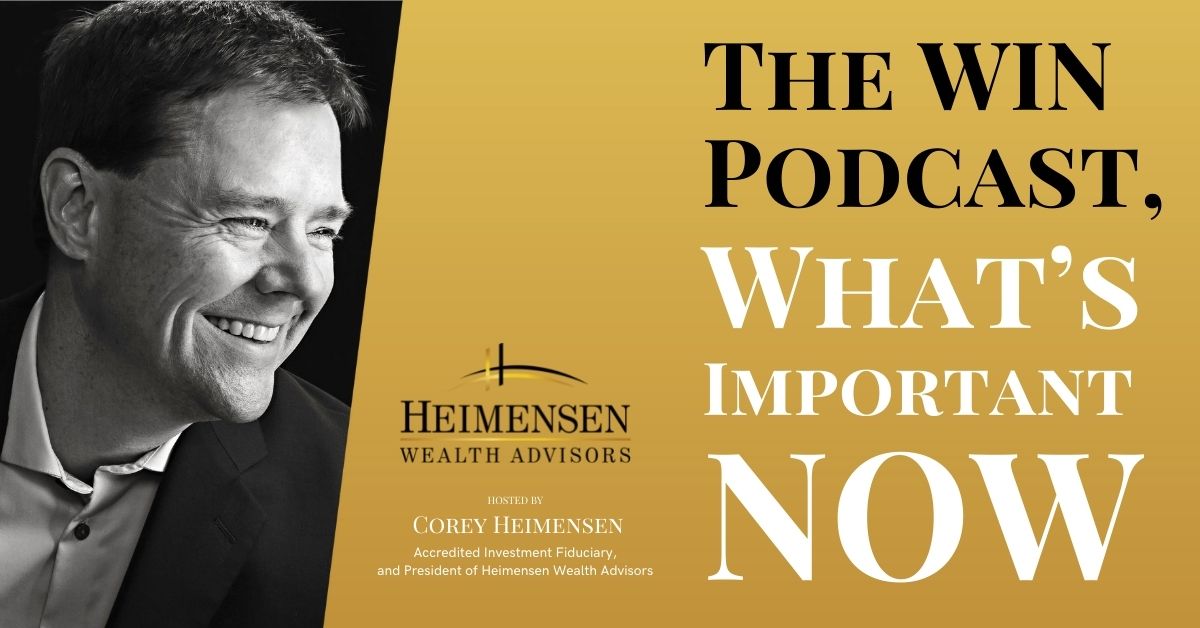
The Joys of Organization (Ep. 43)
Have you ever thought about how the increase in the occupation of storage units can relate to the need for financial organization?
The truth is that the clutter in our storage units often mirrors the chaos in our financial affairs.
In this episode, Corey Heimensen touches on the relevance of organization in one’s financial life. He draws a parallel between the clutter in storage units and the financial mess many people have, emphasizing the importance of seeking help from trusted advisors to get organized.
Corey discusses:
- The popularity of storage units and their surprising statistics
- The seven popular reasons people rent storage units
- The correlation between the size of the storage unit rented and the length of stay
- The importance of organizing finances and drawing parallels with the Marie Kondo method of keeping things that bring joy
- The stress caused by financial disorganization and the need for intentional financial planning
- How a financial advisor can assist in organizing financial goals
- The need for a genuine connection and trust with a financial advisor
- And more!
Resources:
Connect with Corey Heimensen:
- (712) 472-3867
- Toll-Free: 800-657-4316
- LinkedIn: Corey Heimensen
- Heimensen Wealth Advisors
- Facebook: Heimensen Wealth Advisors
Podcast: Play in new window | Download | Embed